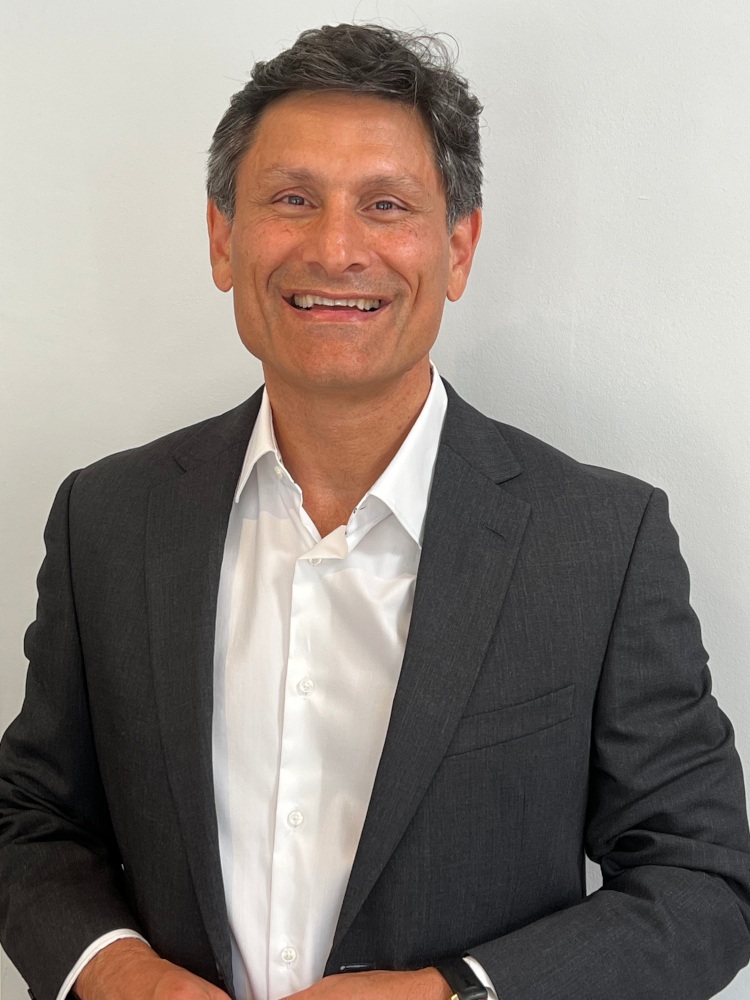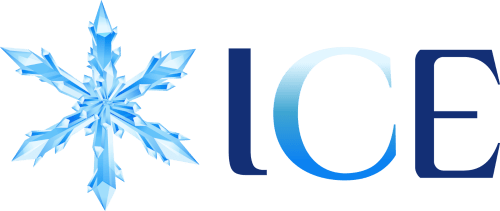What is Team Coaching?
Until recently no established and recognized organization had defined team coaching. The International Coaching Federation, ICF, introduced a definition in 2019:
Partnering in a co-creative and reflective process with a team on its dynamics and relationships in a way that inspires them to maximize their abilities and potential in order to reach their common purpose and shared goals.

Here are some other definitions of team coaching:
- Coaching a team to achieve a common goal, paying attention both to individual performance and to group collaboration and performance. (Thornton, 2010)
- “…a comprehensive and systemic approach designed to support a team to maximize their collective talents and resources to accomplish and exceed the goals required by the organization.” (Carr & Peters, 2013)
- “Relational team coaching puts connectedness and collaboration at the heart of team effectiveness.” (Woudstra, Relational Team Coaching, 2018)
Team Coaching – Fastest growing field in the profession
For years, organizations have focused on improving productivity by focusing on the individual employee. Vast sums of money have been spent on performance management options with a general consensus that the return on that investment has been widely disappointing.
In the hunt for better and more consistent performance, organizations turned to teams as the means to deliver better business results. Not just more teams and new forms of teams or a growing proliferation of self-directed, agile, matrix, and virtual teams. Also, team function that’s more distributed and horizontal, with more responsibility and authority granted to teams and team members.
The shift makes sense because teams, working together, can accomplish what individuals simply can’t acting alone. That’s a rather bold generalization and of course, there are exceptions. There are times when a workgroup is perfectly sufficient to achieve a certain goal.
But as an organizational strategy, there are clear advantages when teams excel. There is enormous power in collaboration and organizations are eager to take advantage of that power in a rapidly evolving, highly competitive global marketplace.
Today, teams are forming, performing and reforming faster than ever. There’s an inherent flaw in this enthusiastic shift from individual performers to team performance. This flaw in logic is based on the assumption that team members naturally know how to collaborate effectively. After all, we all know what a team is. We’ve been on teams. We know how to interact effectively. It’s as if simply using the language of teams is sufficient unto itself, which we know isn’t true.

Organizations and especially team leaders are waking up to a very disturbing realization: most teams are vastly underperforming. They are simply not reaching their potential, and the data confirms it.
Data shows that less than 10% of teams rate themselves as high performing before starting a team coaching engagement. That’s less than one in 10. In some cases, it’s obvious. It might be a team with a clearly toxic culture or a team that is repeatedly unable to achieve team KPI’s.
Sometimes the issue at hand is the result of circumstances entirely beyond the team’s control. They may find themselves caught in the throes of a major reorganization, merger or acquisition, or changes in key personnel. In most cases, however, the cause is less obvious and buried beneath a vague sense of underachievement or dysfunction.
Here are some references outlining the change we are noticing in the market:
- 76% of organizations expect an increase in team coaching in the next 2 years (Mann, 6th Ridler Report, 2016).
- This represents an increasing trend e.g. The 5th Ridler Report, 2013 found between 45-65% growth expectations

When to use Team Coaching
We implement team coaching when we want individuals in the same team to collaborate and boost team performance. It is therefore often useful when a team needs to:
- Establish a compelling vision and strategy
- Articulate its values and mission and translate them into coherent team practices
- Enhance climate and trust during a turbulent moment
- Re-establish an effective working contract when a new team member joins-in
- Enable hidden conflicts to emerge and manage them more safely and productively
Drive forward challenging change initiatives through clear action plans involving interdependent actions and the management of a complex stakeholder’s system
ICF Team Coaching Competencies
In 2019, ICF also announced the new Team Coaching Competencies. They added additional skills to the existing 8 coaching competencies to ensure coaches have the knowledge and behaviours to deliver team coaching. This is the first time the profession has had access to an advanced team coaching education accredited by ICF. Furthermore, ICF has outlined an advanced certification in team coaching, ACTC to ensure that ICF coaches can differentiate themselves in the market place. By doing this, Organisations can have some comfort that a certified team coach has had at least 60 hours of education, 5 hours of supervision to enhance their impact and has experienced delivering at least 5 team coaching engagements.
At International Coaching Education, ICE, we believe the strength development and methodology is a complementary knowledge and skill to the ICF competencies. It ensures the team leader and the team members are more aware of their unique talents that drives their motivation and performance. It also brings a necessary awareness towards team member dynamics and how more effective partnerships and communication can enhance the performance of the individual and the team. It starts with the team leader learning how to recognise the talents of each team member and in having a strength coaching conversation https://icoachingeducation.com/performance-through-strengths-based-coaching/ with them to focus on what they do best and manage areas of challenge.
Strengths-based development programs offer significant financial benefits to organizations. It hinge on whether employees can apply what they learn about themselves to their everyday tasks. The most basic and crucial aspect of this developmental process is learning how to set goals and expectations based on talents, knowledge and skills of the individual.
Learning about strengths is a journey. It may start with an individual, but it often becomes a team effort accomplished by employees, managers, and organizations. Once the journey has begun, everyone involved can learn about each other’s capabilities and build on what they know. Then they can set the goals and reach the milestones that help organizations succeed.

Taymour Miri is an ICF master coach and a Gallup certified strengths coach and more recently one of the first 136 coaches world-wide to be awarded an Advanced Certificate in Team Coaching. He has 30 years’ experience in leadership roles and 20 years of experience in coaching. Taymour has trained over 1,500 coaches across five continents and is the founder of International Coaching Education (ICE).
